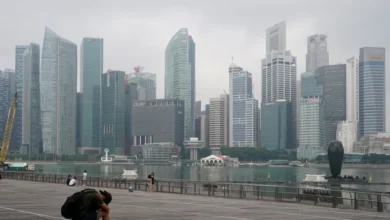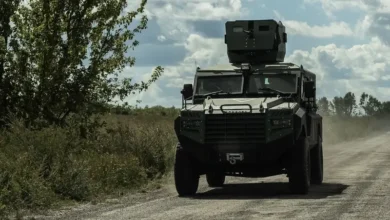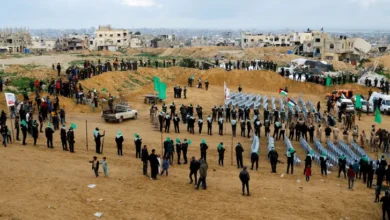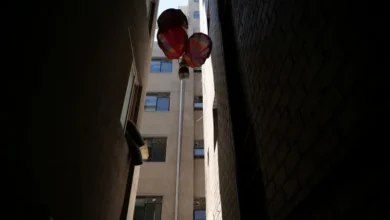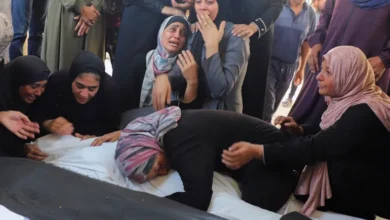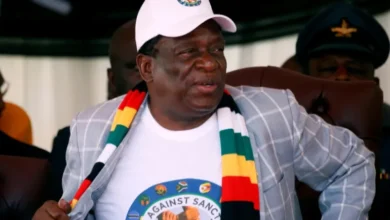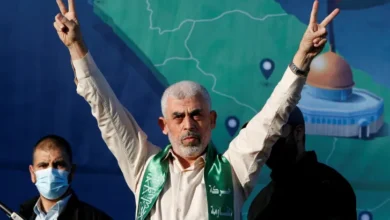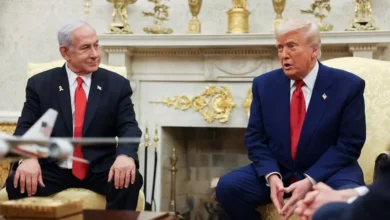In Israel’s north, troops settle in for long standoff with Lebanon’s Hezbollah
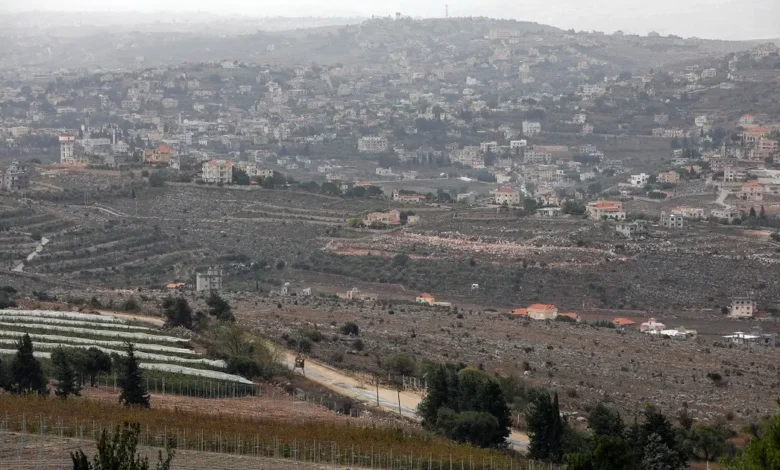
Already weeks into their deployment, Israeli soldiers in the country’s north are settling in for a long, tense standoff with Hezbollah across the border in Lebanon.
Until a truce with Hamas went into effect in the Gaza Strip to the south on Friday, the Lebanon-Israel border saw near-daily exchanges of fire with the Iranian-backed militant organization.
But the troops stationed there are in “high spirits,” according to Yoshiahu, a 27-year-old captain who was only permitted by the army to give his first name.
“It was clear that we would be getting into something pretty intense, and the intensity has been going up,” Yoshiahu told AFP during a military-arranged tour of the army position.
The reservist left his young son and engineering studies when he was called up to the frontline after Hamas’s unprecedented October 7 attack on Israel.
The cross-border raid killed over 1,200 people, most of them civilians, according to Israeli authorities.
Israel has responded with a military campaign it says aims to destroy Hamas, killing nearly 15,000 people in the Gaza Strip, mostly civilians, according to authorities in the Hamas-run territory.
Yoshiahu said the troops on the border believe they “can’t go home, because someone has to protect the people here.”
“What we are doing here is very important, and we will be here as long as we need, there is no question about it.”
Ghost town
Over nearly two months, Yoshiahu has travelled much of the so-called Blue Line, the roughly 80-kilometer (50 miles) UN-drawn demarcation between Lebanon and Israel.
The last war between Israel and Hezbollah, in 2006, saw intense rocket barrages, but exchanges of fire in the years since have been sporadic until after October 7.
Israeli concerns are focused on incursions by armed militants and drones, which the military says has already happened.
Almost all civilians living along the northern border have been evacuated by the army, and the Galilee kibbutz community of Menara — one of the closest to the demarcation line — now resembles a ghost town.
Avocados rot at the feet of trees, and children’s bikes lie abandoned on doorsteps.
One house collapsed in on itself after being hit by an antitank missile.
“Firing an anti-tank missile at a house where civilians live, that shows you exactly Hezbollah’s DNA,” army spokesman Olivier Rafowicz said.
Hezbollah says it only fires at military targets.
‘Won’t happen again’
The truce between Israel and Hamas has lessened fire exchanges in the north.
The Lebanese village of Hula, across the demarcation line from Menara, was eerily silent under a thick mist.
But the “appearance of calm can always hide something,” cautioned Rafowicz.
“It doesn’t mean that Hezbollah isn’t there with men, with guns.”
Along the border, the soldiers who spoke repeated a common refrain: they did not want to initiate clashes with Hezbollah, but simply to “defend” their country.
“We failed on October 7,” one officer who declined to be named told AFP.
“We were naive and we were arrogant, and it’s hard for me to say so — I’m wearing this uniform… but let’s not be mistaken, it won’t happen again.”
According to an AFP tally, clashes between the Israeli army and Hezbollah have left at least 109 dead on the Lebanese side of the border, most of them combatants, but also three journalists. On the Israeli side, at least nine have died, six of them soldiers.
The same army officer said the troops stationed there felt a responsibility to the few civilians who remained in the area.
“They look us in the eyes,” he said. “You can feel that they ask us: ‘Will you protect us?’ And we say: ‘Yes, our troops are determined’.”
“We will stay here for as long as it takes, we will stay here to defend you, if we need to stay in the mud, in the snow, we will do it, we won’t give up on anything.”
